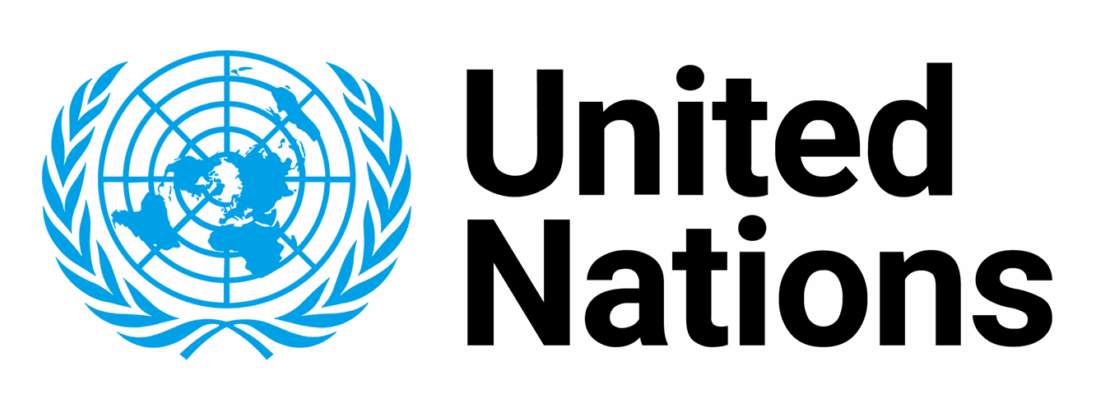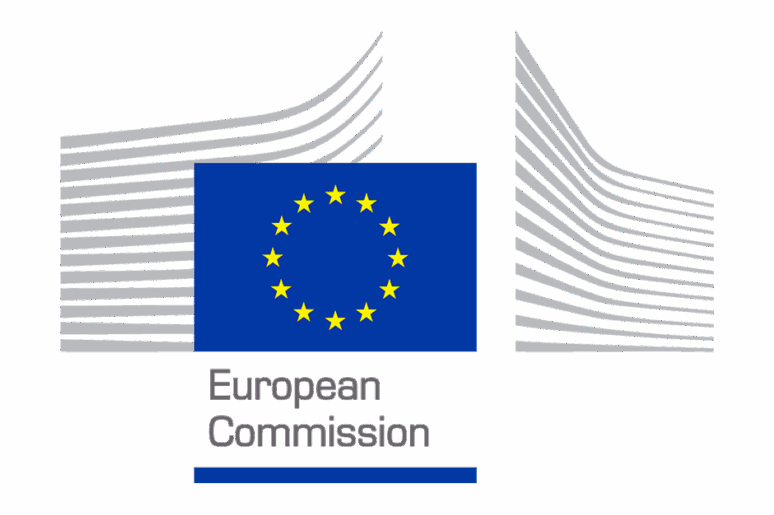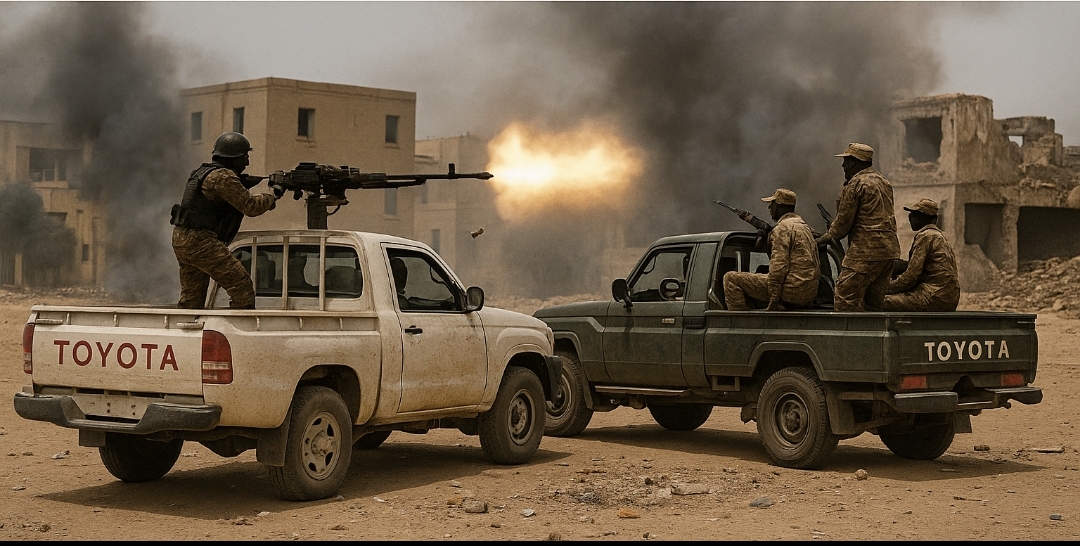Sudan continues to face one of the gravest tragedies of our time. Since 2023, the Sudanese Armed Forces and the Rapid Support Forces have been fighting for control of the country, dragging millions of civilians into a nightmare of violence, famine and destruction. What began as a struggle for power has turned into a full-scale civil war, dividing the territory into areas controlled by parallel governments and making humanitarian access nearly impossible. Recent estimates indicate that over 8 million people have been forced to leave their homes, becoming internally displaced or refugees in neighboring countries. In Darfur, cities such as El-Fasher have become epicenters of suffering: children dying of hunger and preventable diseases, hospitals destroyed or without supplies, entire communities under siege. The health system has collapsed and the risk of widespread famine is now a daily reality.
The two forces in conflict are, on one side, the Sudanese Armed Forces (SAF), the regular army and official military institution of the country, and on the other, the Rapid Support Forces (RSF), a paramilitary group that has emerged in recent years and is now a central actor in the war. The SAF rely on established state structures and long-standing regional ties, while the RSF have strengthened themselves through control of strategic natural resources, particularly gold, and through external networks that have contributed to their military and economic power. This dynamic shows that the Sudanese conflict is not only an internal struggle, but also a reflection of wider influences and interests that extend beyond national borders.
The repercussions do not stop at Sudan’s borders. South Sudan, already fragile due to its own divisions, is suffering from the consequences of this war, receiving thousands of refugees in dire conditions and facing soaring inflation, epidemics and political tensions that risk turning into new conflict. The international community cannot allow Sudan to remain a “forgotten war.” The cost of indifference is too high, not only for those suffering today but also for the stability of the entire African continent.
The World Organization of States – International Parliament for Safety and Peace (WOS-IPSP) issues an urgent appeal to all parties involved and to the international community: to silence the weapons, to open humanitarian corridors, and to begin a sincere dialogue that places the dignity of the Sudanese people at its center. Only through conciliation and mutual respect will it be possible to save millions of lives and restore hope for a future of peace in Sudan.



